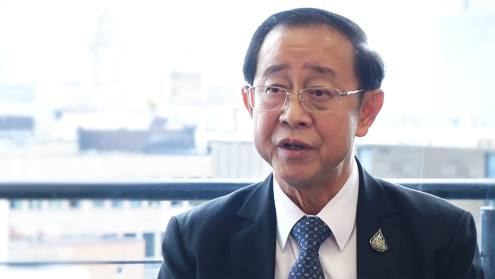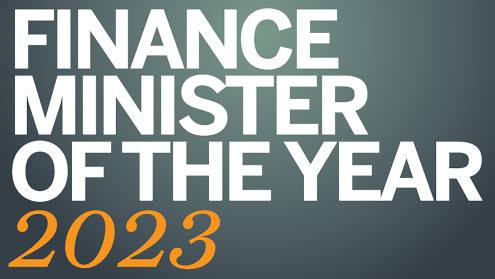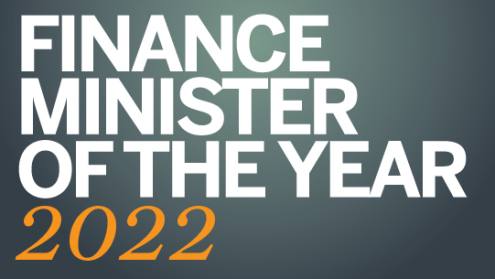Mexican president Vicente Fox believes the country’s economy will grow by more than 4% in 2004 as exports rise and the creation of new jobs boosts consumption. Late last year, he said that he expected exports to reach record levels in 2004 while 510,000 new jobs had been created.
In comparison to anaemic growth of 1.3% in 2003 and, before that, years of economic stagnation, the growth in output is respectable, albeit closely linked to improving economic conditions in the US. The US consumes 85% of Mexican exports, leaving Mexico vulnerable to the ups and downs of its northern neighbour’s economy.
As one of the principal architects of Mexico’s economic reform, finance secretary Francisco Gil Díaz gets recognition by The Banker as its Finance Minister of the Year for the Americas. Mr Díaz played a starring role in Mexico’s prudent approach to macroeconomic management – in particular, strict fiscal targets. The deficit to GDP was set to hit the government’s target of 0.3% for 2004.
In what rating agency Fitch describes as “steady liability management”, authorities have lengthened the average maturity of public external and domestic debt and increased the proportion of domestic debt securities issued on fixed interest rates. The overall debt burden has also eased.
As tentative as Mexico’s recovery is, it has been encouragingly broad-based with an accompanying recovery in private investment. But Mr Díaz is acutely aware that more needs to be done to unlock higher levels of growth. Structural weaknesses in the country’s public finances are acute: public revenue to GDP is a paltry 11% and non-oil tax is low. Spending on infrastructure and education is needed. Labour market reforms and liberalisation of the energy sectors are also crucial to improving Mexico’s competitiveness.
Mr Díaz has drafted a number of legislative amendments but had them rejected. The problem is that although Mr Fox holds the presidency, his National Action Party is without a majority in the legislature, leading to legislative gridlock. With attention already turning to the 2006 presidential election, the likelihood of further reform momentum is limited.











